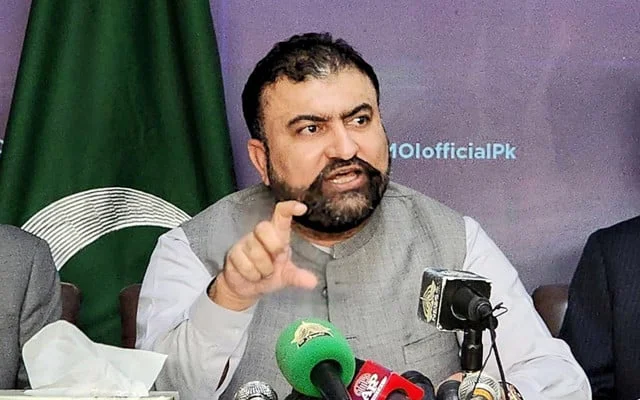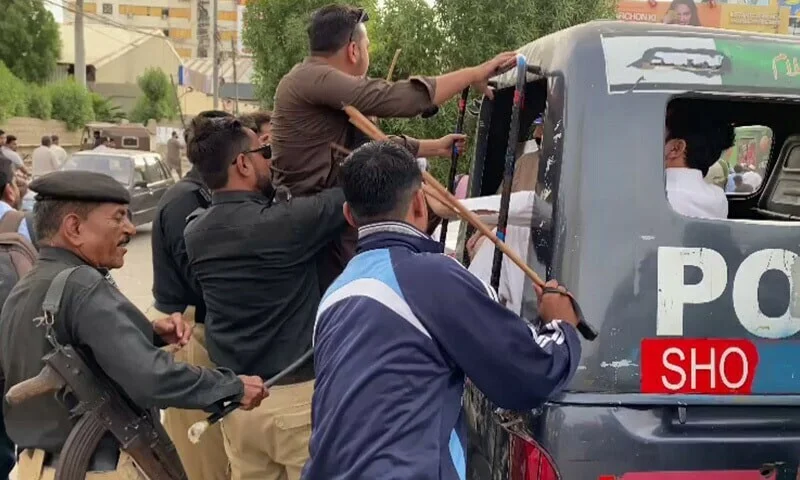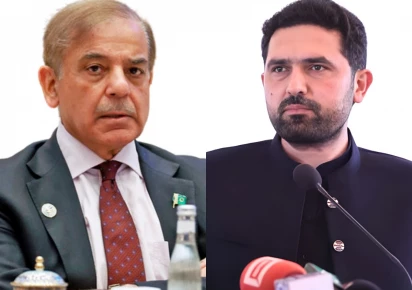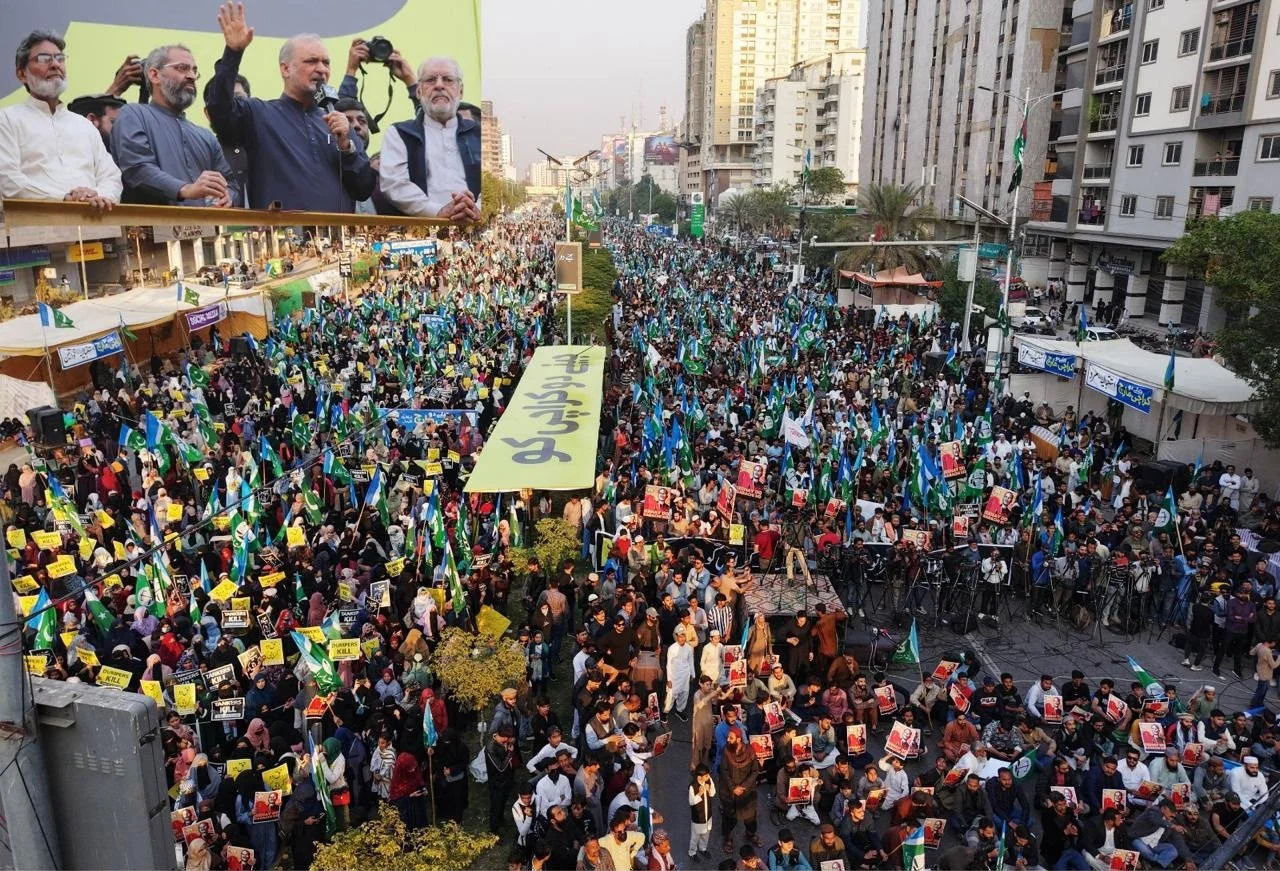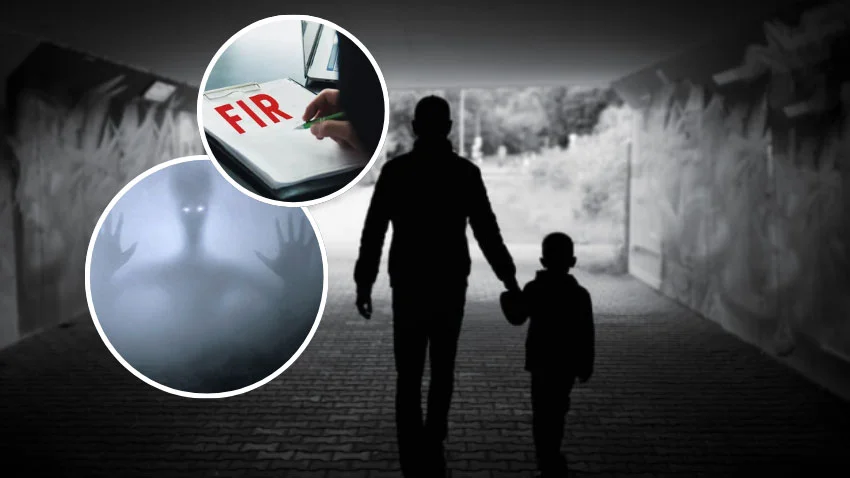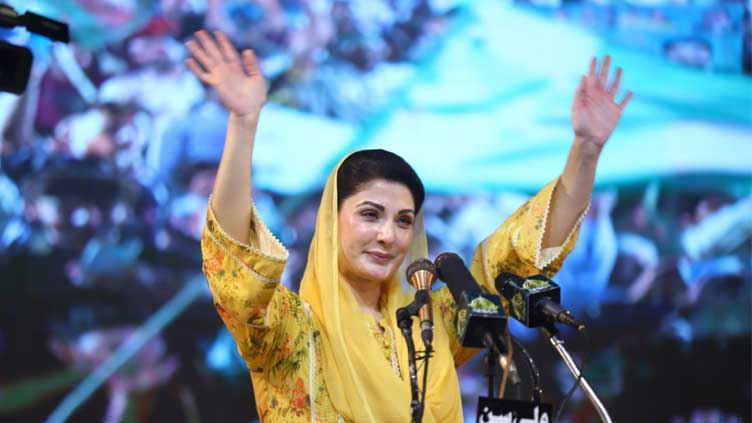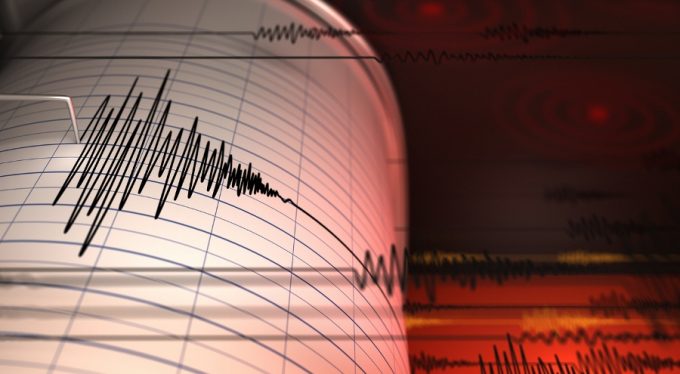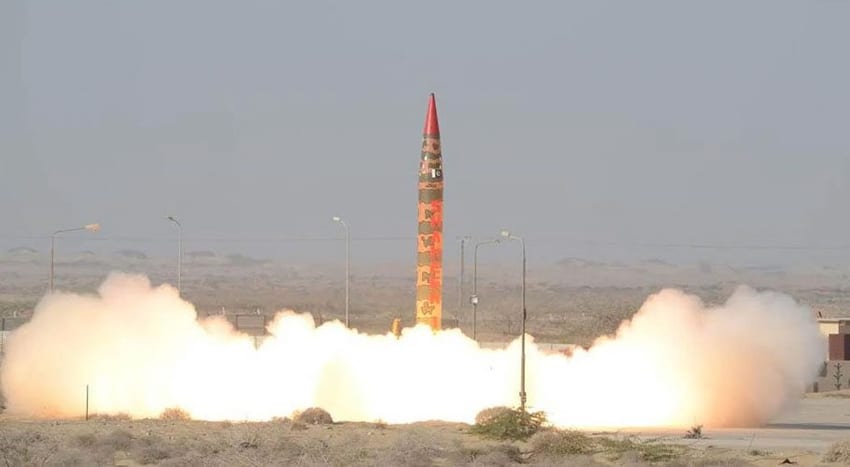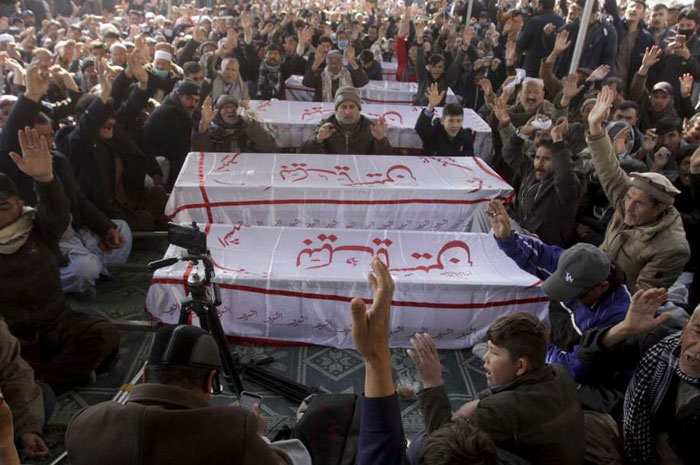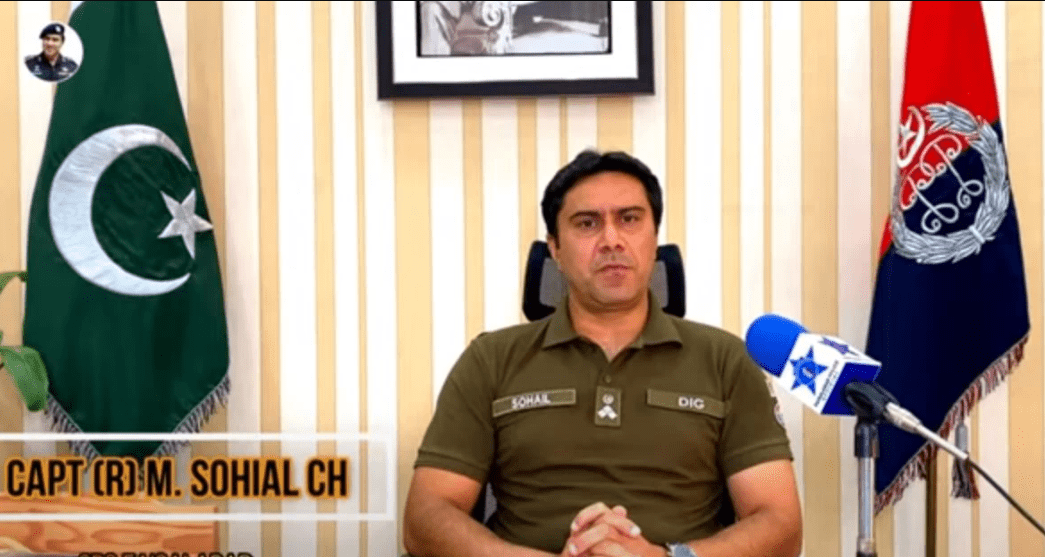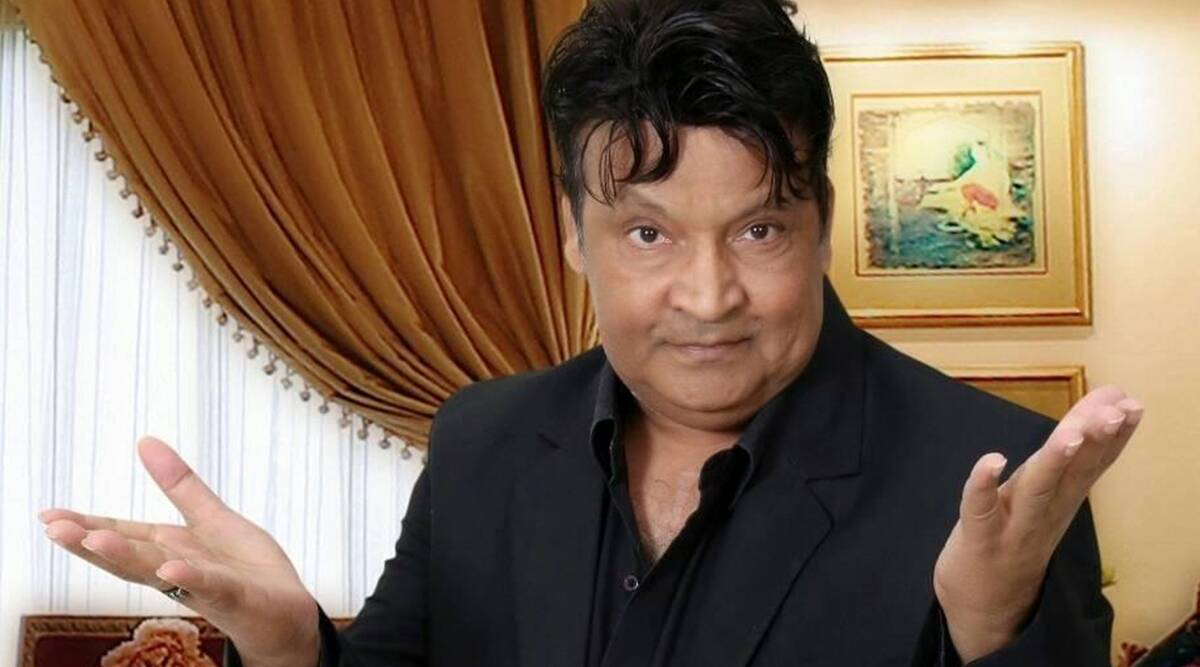SC bench hearing suo motu notice on election dates breaks
Published On 27 Feb, 2023
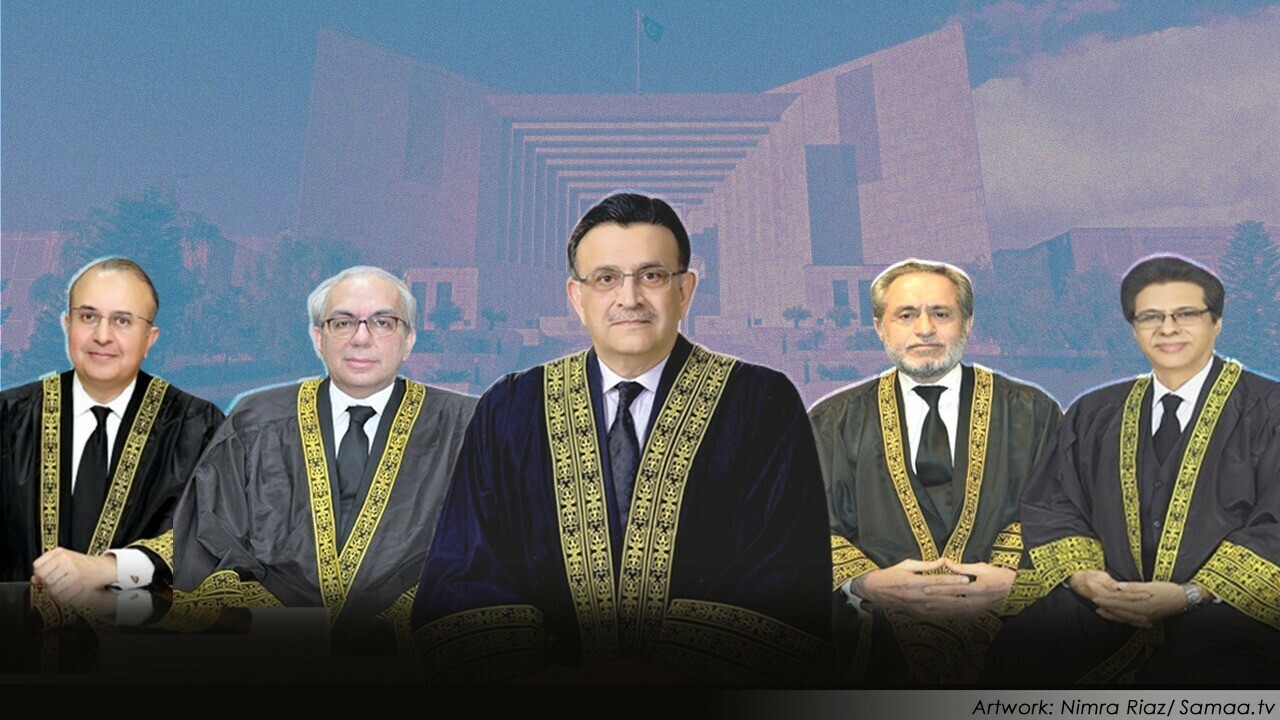
The nine-member bench of the Supreme Court (SC) that was hearing a crucial suo moto case regarding election dates in Punjab and Khyber Pakhtunkhwa (KP) has been disbanded after four judges recused themselves to ensure an unbiased adjudication.
The coalition parties, including PPP, JUI-F and PML-N as well as Pakistan Bar Council (PBC) had raised an objection to the presence of Justice Sayyed Mazahar Ali Akbar Naqvi and Justice Ijazul Ahsan in the bench.
They demanded that two judges should recuse from the bench hearing the suo motu case over delay in the elections in two provinces.
The proceeding of the case had to commence at 11:30am today by the nine-member larger bench headed by CJP Bandial. However, it was delayed due to informal consultation between the jurists which resulted in disbandment of the bench.
A 14-page order was issued by the top court following reservations on inclusion of Justice Ijazul Ahsan and Justice Sayyed Mazahar Ali Akbar Naqvi by coalition parties including PPP, JUI-F and PML-N.
The bench originally comprised the CJP, Justice Ijazul Ahsan, Justice Syed Mansoor Ali Shah, Justice Munib Akhtar, Justice Yahya Afridi, Justice Sayyed Mazahar Ali Akbar Naqvi, Justice Jamal Khan Mandokhail, Justice Muhammad Ali Mazhar and Justice Athar Minallah.
However, Justice Ijazul Ahsan, Justice Sayyed Mazahar Ali Akbar Naqvi, Justice Athar Minallah and Justice Yahya Afridi have recused from the bench.
Hearing
CJP said that the court would conduct the hearing daily.
He added that the court would begin proceeding at 9:30 am tomorrow (Tuesday) and try to wrap it up on the same day.
The CJP also addressed the issue of Justice Jamal Khan Mandokhail’s objection note being leaked on social media, assuring that measures would be taken to prevent such incidents from occurring in the future.
He remarked that whatever written in the Constitution was conditional on the interpretation of it, noting that the case was critical and warranted swiftness.
Starting out his arguments, PTI’s counsel Barrister Ali Zafar said that the chief minister of Punjab sent a summary regarding dissolution of assembly to the governor.
However, he said that the governor did not comply to it following which the assembly automatically dissolved after 48 hours.
The counsel argued that the Election Commission of Pakistan (ECP) had requested the date of polls from the governor, who refused, citing that he was not the one who dissolved the assembly.
Zafar said that President Arif Alvi summoned chief election commissioner for finalizing the date for polls however he did not show up.
Following this, the lawyer said that the president unilaterally announced the dates for elections in both provinces.
He emphasized that the Constitution clearly stipulated that elections could not exceed 90 days after the dissolution of the assembly.
Justice Muhammad Ali Mazhar remarked that there was a difference between automatic dissolution of assembly and that performed by the governor.
During the hearing, PPP’s lawyer Farooq H Naek highlighted that they had filed a petition for the formation of a full court.
The chief justice responded by stating that they would decide on the matter after hearing the counsel’s arguments.
CJP takes suo motu
The CJP took suo motu notice after a division bench of the top court referred the matter of delay in polls in both provinces to the top judge, asking him to invoke the jurisdiction.
In the notice, CJP Bandial said the top court’s bench would consider the following questions:
-
Who has the constitutional responsibility and authority for appointing the date for the holding of a general election to a provincial assembly, upon its dissolution in the various situations envisaged by and under the Constitution?
-
How and when is this constitutional responsibility to be discharged?
-
What are the constitutional responsibilities and duties of the federation and the province with regard to the holding of the general election?
